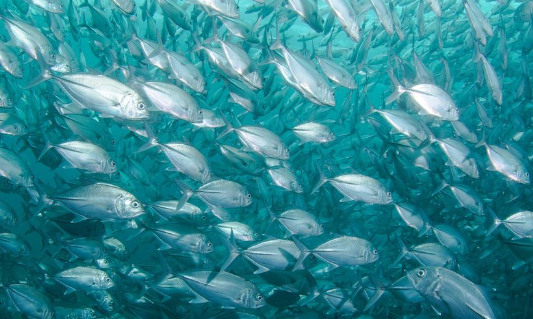New Study Reveals Dire State of Global Fish Stocks
A recent study published in the journal Science has found that global fish populations are facing more serious problems than we previously thought, with more fish stocks being overfished or in danger of collapse.
Key Findings
The study shows that current fishing practices are taking more fish than can naturally be replenished, mainly due to both local and large-scale industrial fishing. Researchers looked at data from 230 different fish stocks and discovered that past reports had overestimated how many fish were available and how quickly they could recover.
Issues with Catch Limits
Policymakers set limits on how many fish can be caught based on scientific advice to prevent overfishing. However, these limits have often been set too high, which has resulted in nearly one-third of fish stocks labeled as “sustainably fished” by the FAO actually being overfished.
What is “Phantom Recoveries”?
The study also found cases of “phantom recoveries,” where fish populations appeared to be doing well even though they were still declining. A fish stock is considered collapsed if its population drops below 10% of its original size. The study suggests that up to 85% more fish stocks have likely collapsed than was previously thought.
Concerns About Methods
Fisheries scientists Rainer Froese and Daniel Pauly pointed out that the complex methods used to assess fish populations can sometimes give misleading results. They recommend using more cautious management strategies, especially when there is uncertainty, to get more accurate results.
Ecosystem-Based Sustainable Fishing
The study supports using ecosystem-based sustainable fishing practices. This includes allowing fish to reproduce before they are caught, using gear that doesn’t harm the environment, and creating protected marine areas. This approach aims to maintain a balance between fishery productivity and the health of the environment, especially for important species that other marine life depends on.
Month: Current Affairs - August, 2024
Category: Environment Current Affairs






